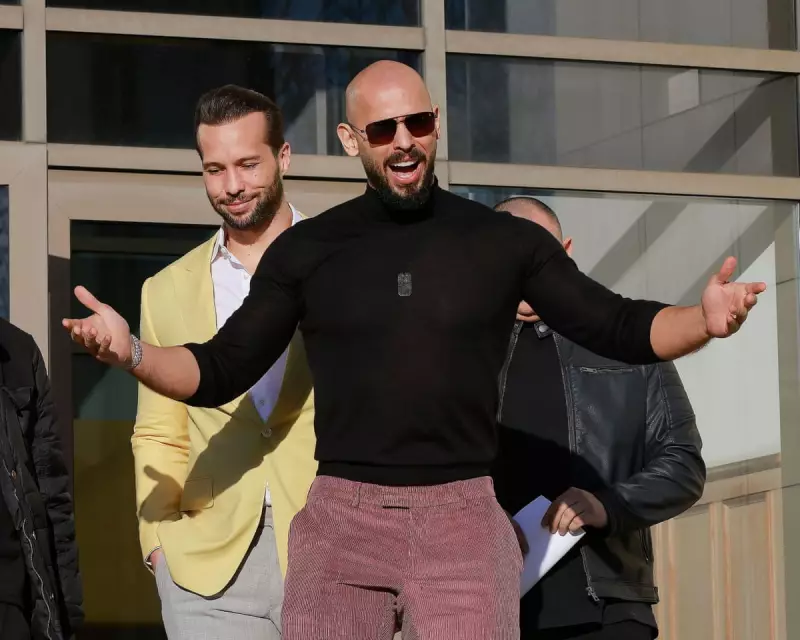
In a powerful and unified statement, women who have come forward with abuse allegations against controversial online figure Andrew Tate have publicly denounced an article published by The Spectator, branding it as profoundly misleading and irresponsible.
The contentious piece, which featured an interview with Tate, is accused of presenting his perspective with a lack of critical scrutiny and failing to adequately represent the serious nature of the allegations against him. The women involved argue that the publication effectively provided a platform for Tate to reframe the narrative without sufficient challenge.
'Our Voices Were Erased'
Central to the criticism is the claim that The Spectator's approach minimised their experiences. One source close to the women stated that the article created a false equivalence between Tate's opinions and the detailed, serious claims of abuse, thereby distorting the public's understanding of the situation.
The fallout has ignited a fresh debate about media responsibility, particularly when reporting on complex cases involving allegations of sexual violence and influential public figures. Critics question the editorial judgement behind giving Tate a largely unchallenged platform to address the claims.
A Pattern of Controversy
This incident is not isolated for Andrew Tate, the former kickboxer and self-described 'misogynist' influencer. He currently faces serious charges in Romania, including human trafficking and rape, allegations he vehemently denies. His ability to command media attention despite these legal battles remains a point of significant contention.
The women at the heart of this latest dispute with The Spectator have expressed concern that such coverage can intimidate other potential victims from speaking out, fearing their accounts will be similarly misrepresented or dismissed.
Broader Implications for Journalism
The controversy raises pressing questions about the ethics of interviewing individuals accused of serious crimes. Should their views be platformed with neutrality, or does journalism have a duty to contextualise such interviews with robust fact-checking and representation of accusers' voices?
This case underscores the delicate balance publications must strike between free speech and responsible reporting, especially in the highly charged and polarising digital landscape where figures like Tate operate.





